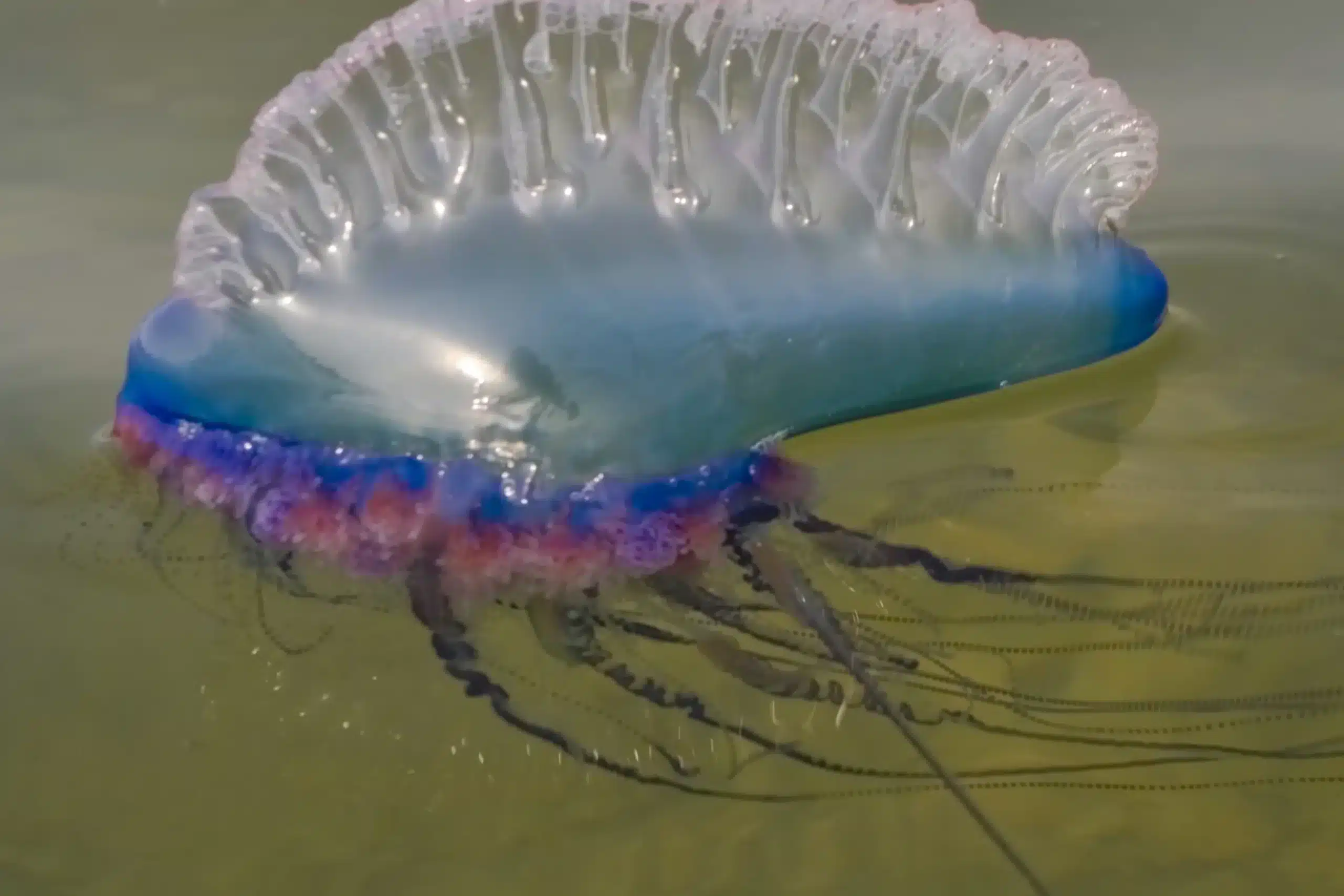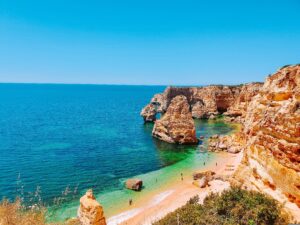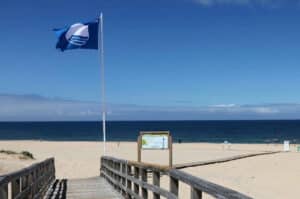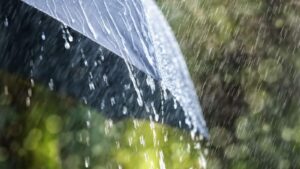Sightings of “unusual numbers” of these hazardous creatures
Dozens of Portuguese Man of War, capable of causing serious skin burns, have been sighted on Portuguese beaches, from Magoito (Sintra) to Terra Estreita, in Tavira (Algarve).
IPMA meteorological office has published an alert today, over the sighting in recent days of Physalia physalis (common name: Portuguese Man o’f’ War) on Portuguese beaches “in unusual numbers”, in some cases more than 50 on a single beach.
They have particularly been seen from Magoito beach, in the municipality of Sintra, to Terra Estreita beach, in the municipality of Tavira.
Among the many types of gelatinous organisms frequently seen in Portugal, the Portuguese Man o’ War “is the one that requires the most caution”, as it is “very stinging” and “capable of causing serious burns” to the skin.
Portuguese Men o’f’ War are often seen along the Portuguese coast, influenced by winds and surface currents. They have a blue, sometimes lilac and pink, “balloon-shaped” float, with tentacles that can reach more than 30 meters in length. These hanging tentacles are used to capture fish for food.
As IPMA stresses, it is important not to touch” these specimens, “even when they appear to be dead on the beach” – as often happens with jellyfish, which despite their similar appearance do not belong to the same family. (The Portuguese Man of War is not actually a jellyfish, but “a colony of organisms from the hydrozoan class, with genetically different and highly specialised individuals, but which appear to be a single animal”).
IPMA’s GelAvista program carries advice on how to react in a case of inadvertent contact with a Portuguese Man o’ War: people should “clean the affected area thoroughly with sea water and remove any pieces of tentacles that may have remained stuck to the skin, using tweezers”. Vinegar, hot compresses can be applied, but people should avoid using alcohol and/ or freshwater, as this can make things even worse.
In case of extensive burns, it goes without saying that “a health professional should be sought”. In Portugal, a pharmacy is usually equipped to help.
Developing its activity since 2016, GelAvista (gelavista.ipma.pt) has been inviting citizens to participate in the monitoring of gelatinous organisms in Portugal, highlighting that, therefore, any occurrence of this or other species of gelatinous organisms can be communicated to them. Information on sightings (date, location, number of organisms and photograph with object serving as a scale) should be emailed to plancton@ipma.pt, or through the GelAvista application available for all mobile devices. ND
source material: LUSA




















